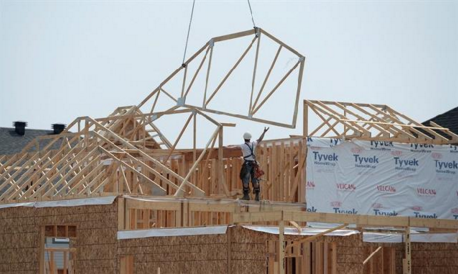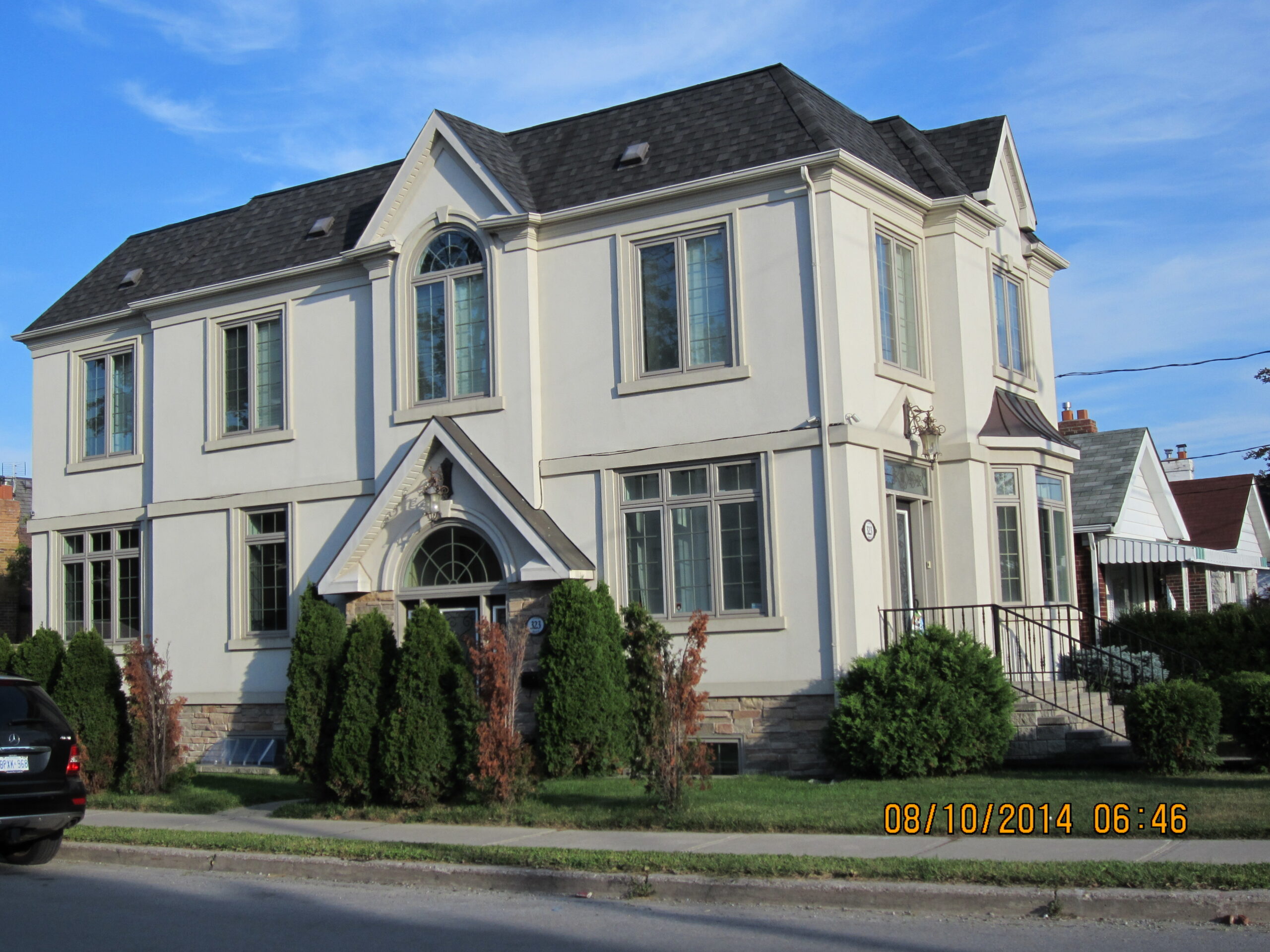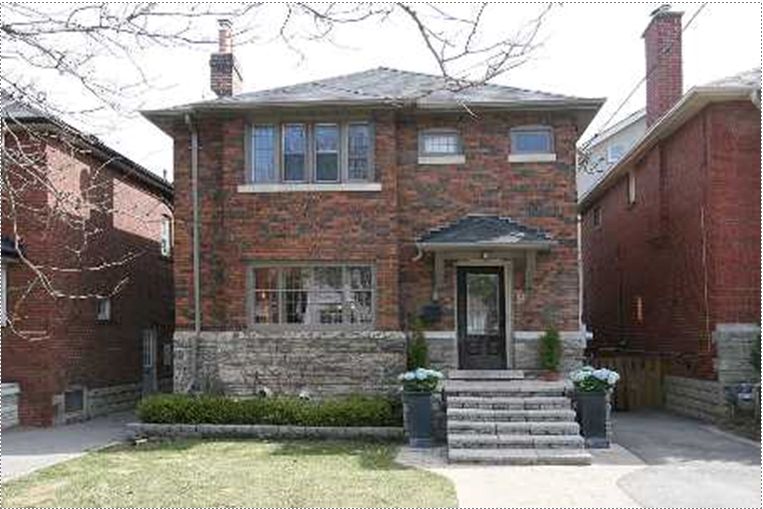TORONTO – Overbuilding is on the rise in the Calgary, Saskatoon, Regina and Ottawa real estate markets, according to the latest report from Canada Mortgage and Housing Corporation.
The housing agency says it uses two main factors to gauge overbuilding: the rental market vacancy rate and the inventory of completed, unsold units per 10,000 people.
“Overbuilding provides an indication of the possible excess supply that could exist in a market,” Bob Dugan, CMHC’s chief economist, said during a conference call Wednesday.
“In some cases, a correction in house prices may be required in order to ensure that excess supply is absorbed so that balance in the market can be restored.”
Evidence of overbuilding increased from weak to moderate in Calgary and Ottawa during the past quarter, and from moderate to strong in Saskatoon and Regina.
CMHC says it is also keeping a close eye on Toronto, where it expects that signs of overbuilding could begin to emerge in the condo market.
Currently, overbuilding in Toronto is not yet above the problematic threshold, Dugan said.
“But we’re watching it because we’re conscious of the fact that the pipeline of units that are under construction is relatively high,” he added.
“That’s come down a little bit recently but it’s still elevated by historical standards. So our concern is that as some of these units under construction get completed, they could push that inventory of completed, unsold (units) higher.”
Overall, the Toronto real estate market shows strong overall evidence of risk due to the presence of two other factors: price acceleration and overvaluation.
Other markets with strong overall evidence of risk include Calgary, Saskatoon and Regina.
Meanwhile, Vancouver held steady as showing only weak evidence of risky conditions, with moderate levels of overvaluation detected.
That’s despite a slew of headlines in recent months calling attention to soaring prices in the city that have pushed many potential buyers out of the market.
“When we’re looking at the ability of people to get into home ownership, it’s important to remember that Vancouver is a very broad market,” said Carol Frketich, CMHC’s B.C. regional economist.
The rapid price growth in the region is being driven primarily by the single detached home segment of the market, Frketich said, while noting that prices in the rest of the market — such as condos and townhouses — are much lower.
CMHC’s house price analysis and assessment aims to identify potential risks in Canadian real estate by evaluating economic, financial and demographic factors in a total of 15 housing markets.
On a national level, CMHC says there is only weak evidence of problematic conditions in the real estate market.
The four factors to identify the level of risk in regional housing markets are: (1) overheating of demand, (2) accelerating price growth, (3) overvaluation of prices and (4) overbuilding.
Read the full post in The Province









